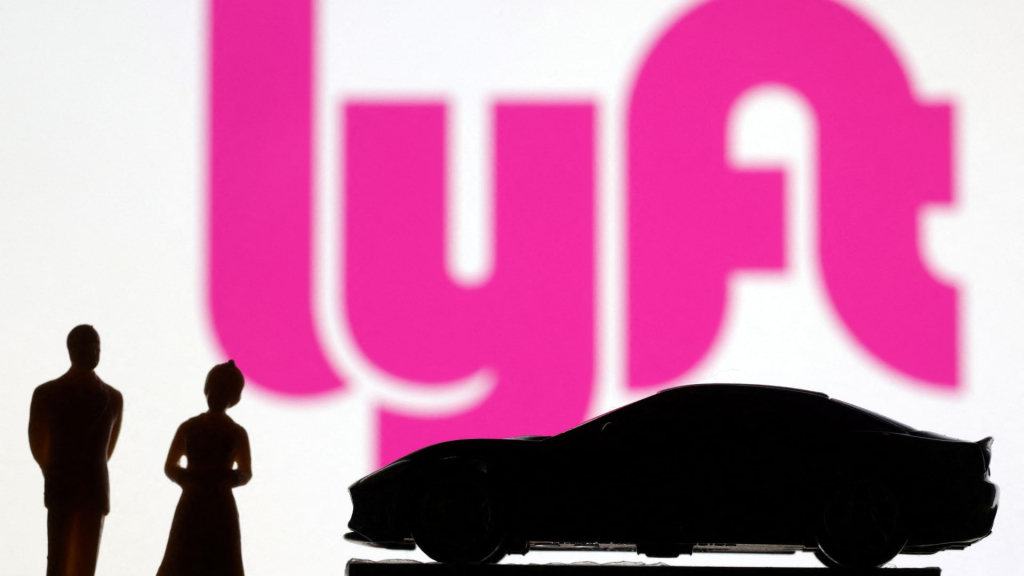Lyft, a prominent American ride-hailing company, announced on Wednesday its agreement to acquire the European taxi service Free Now in a deal valued at 175 million euros, approximately $199 million.
This acquisition marks Lyft’s inaugural entry into the European market and is anticipated to conclude in the latter half of 2025. Once finalized, the merger is expected to serve over 50 million users annually across both platforms.
Founded in 2009 as myTaxi, Free Now operates out of Hamburg, Germany, and has been co-owned by major automotive players BMW and Mercedes-Benz since 2019. The app is available in more than 150 cities across nine countries, including key markets in Ireland, the U.K., Germany, and France. In addition to conventional taxi services, Free Now offers various mobility options such as e-scooters, e-mopeds, and e-bikes.
The company has reported a positive earnings trajectory, specifically in terms of Earnings Before Interest, Debt, and Amortization, with gross bookings projected to exceed 1 billion euros in 2024, according to official data.
‘Now is the time’
The acquisition paves the way for Lyft to penetrate the competitive European ride-hailing landscape, where it will face formidable rivals like Uber, Estonia’s Bolt, and Israel’s Gett.
Lyft CEO David Risher shared insights with Finance Newso, indicating that the company had refrained from entering the European market until now, seeking to enhance its service in North America first.
As he approaches his two-year mark as CEO, Risher noted the challenges Lyft faced previously with declining market share and financial losses, stating, “When I started, unfortunately, we were losing share, we were losing money. We weren’t doing so great for riders or drivers.”
He highlighted improvements in service, saying, “Now, we pick you up about a minute faster, driver cancellation is down to less than 5%, drivers are making billions of dollars on the platform. And our Canada operation has doubled this year over last year.”
“Given our strong service levels and the success we’re experiencing internationally, especially in Canada, we felt that now is the time,” he added.
Lyft’s main competitor, Uber, has established itself in the U.K. since 2012, navigating various regulatory hurdles, including two failed attempts to ban the service in London over safety concerns. However, it regained permission to operate in the city in 2022.


























